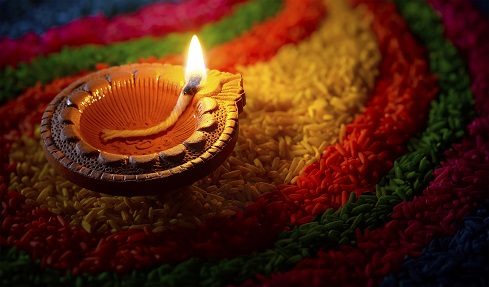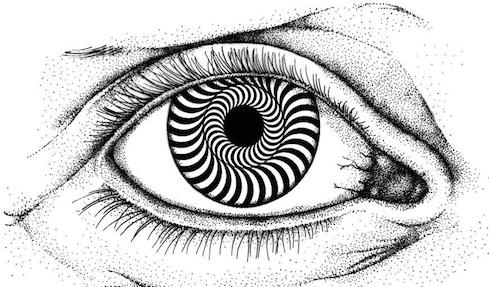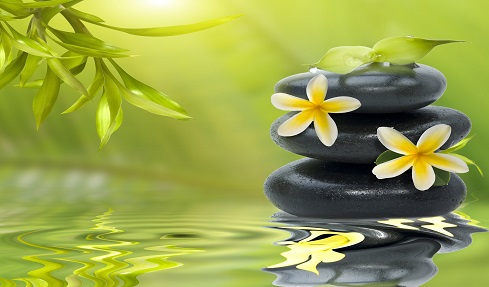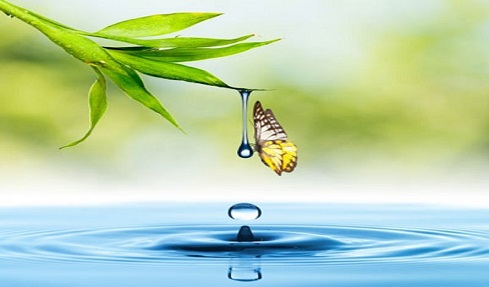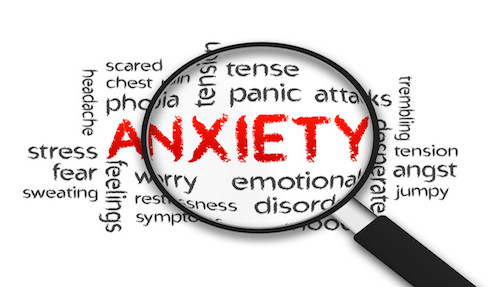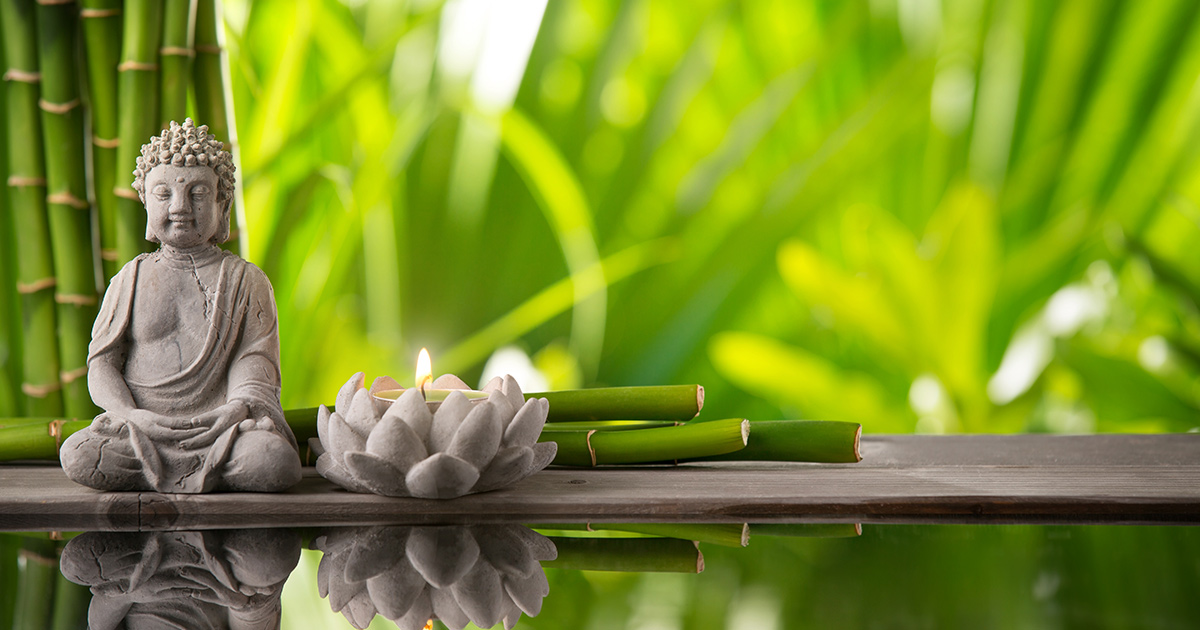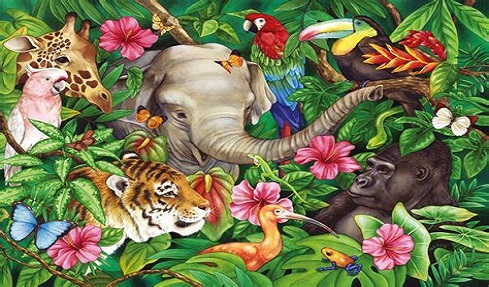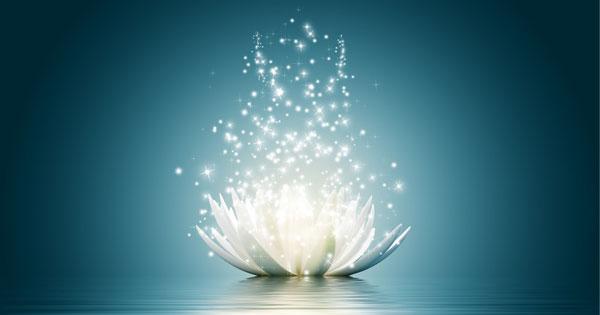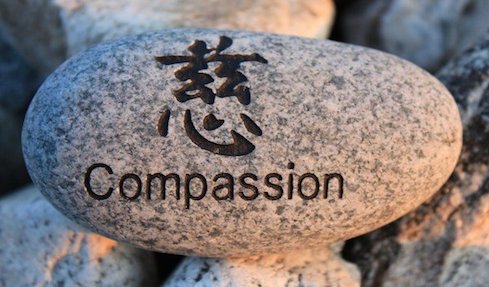For lay practitioners, the minimum is to take one hour each morning and evening to practice. Everyone should be able to manage at least this much in a day. The practice should begin with the cultivation of renunciation. Once that has reached some stability, go on to practice bodhicitta. After both renunciation and bodhicitta have been generated, move on to contemplate emptiness using the method of the Middle Way as a preliminary. The last is the actual practice of emptiness of which one may choose to go with the Vajrayana tradition if so wished, as Vajrayana practice may bring faster results. However, to practice Vajrayana entails empowerment and observance of the precepts. If unsure of keeping the Vajrayana vows, one can choose the exoteric practices instead, which may also lead to liberation but will take longer time to achieve.
Depicted from Luminous Wisdom Book Series: The Right View ~ The Twelve Nidanas - The Sequence of Cyclic


